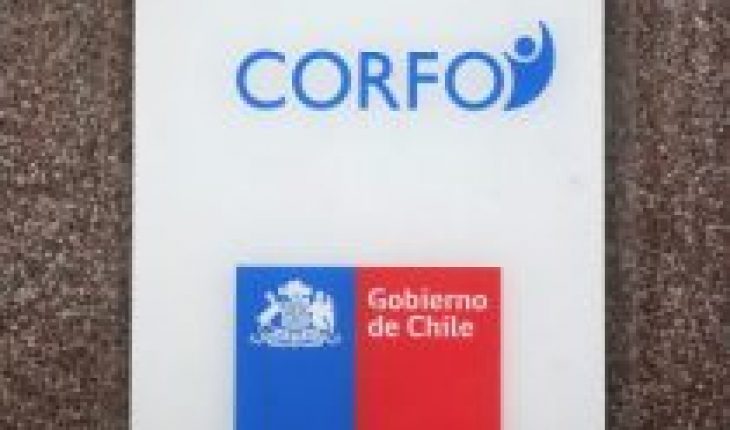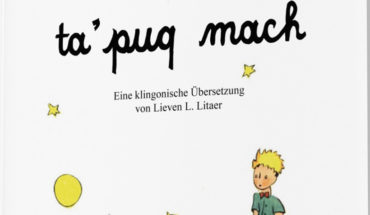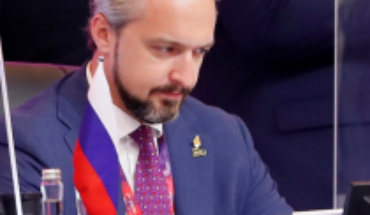Devastating for Corfo and especially for its executive vice president Pablo Terrazas was the report of the investigative commission of the Chamber of Deputies for the tender for the creation of the Institute of Clean Technologies (ITL), awarded to the AUI consortium (Associated Universities Inc), made up of higher education institutions linked to the UDI, such as the Universidad del Desarrollo and the Universidad San Sebastián, and U.S. campus affiliates.
The parliamentary body unanimously approved a report that asks to annul the award and stop the acts and negotiations initiated with AUI, and to carry out again the bidding process of the creation of the Institute of Clean Technologies, considered the largest in terms of R & D in the history of the country.
But not only that: the report approved by the investigative commission chaired by the humanist Tomás Hirsch also proposes to send a “report to the Public Ministry for the purpose of determining whether or not there is the commission of crimes of insider trading”, an edge where senior officials of the Corfo and government officials are targeted, among them, the vice president of the Corporation.
Likewise, the deputies suggest “officiating to the Comptroller General of the Republic in order to evaluate the relevance of initiating an investigation that determines administrative responsibilities of the public officials involved in the process reviewed by this commission.”
Another key point in the conclusions approved by the commission considers that the new contest contemplates “clear standards and bases of the tender, so that the winning consortium is the one that can contribute the most to the innovation and development of green technologies”.
The conclusion of the investigative commission complicates the future of a project that has also been entangled in courts, with the presentation of the group that lost the ASDIT tender (Association for the Development of the Institute of Clean Technologies), with an appeal that is processed in the Court of Appeals of Santiago.
In the opinion of the parliamentarians, the proposal of the High Law Corporation was superior in all aspects weighted to the proposal of Associated Universities Inc (AUI). And he points out that during the process a series of irregularities were committed, such as lowering the grades obtained by the group of national universities, thus allowing those obtained by AUI to increase, establishes the document to which El Mostrador accessed.
For the deputy of Humanist Action and president of the investigative commission, Tomás Hirsch, “this tender suffers from failures, errors, and opaque aspects that have led us to recommend that the tender be annulled, guaranteeing that the panel of experts has the powers for an evaluation of this type of public tenders, which in this case was not the case. We believe that when it goes to the chamber it will be voted on unanimously, as happened in committee. We hope that Corfo and the government will take the recommendations.”
“Political criteria”
After eight sessions of hearings and analysis, the report approved by the parliamentary group indicates that the ITL is the largest research and development (R&D) project that has been tendered by Corfo, and therefore “should have been subjected to the highest standards of evaluation and allocation, because it is a revolution against climate change and the exploitation of our natural resources.”
But this did not happen: the conclusions call into question the entire process in the hands of Corfo. He questions, for example, that the Corporation introduced “a new body called the Evaluation Commission”, which “was not composed of technicians or specialists with competences in the areas of the proposals in evaluation, but by public managers”.
And one of the irregularities of its operation was that “it did not interact with the international evaluators selected and hired by the Management of Technological Capabilities – technical unit in charge of the subject – for the evaluation of the projects. Instead, it generated new evaluation reports based on those delivered by international experts, altering the main results of the process.”
According to the report, “this point is of vital importance since it supposes a fanciful modification and that does not respect any technical criteria, revaluing the expertise of the evaluation process of the competent international and applying criteria thatand are closer to the political level than technical, given that not enough reasons were given by CORFO about the change in the evaluation.”
Another aspect that draws attention to the evaluation process is the “duplication of roles of the public directors participating in the Evaluation Commission”, pointing to the case of general manager Felipe Commentz, who headed the internal evaluation commission of the Corfo of the three proposals that they postulated and, in addition, represented Terrazas, in the committee of ministers that delivered its final verdict, on January 4.
“This lack of rigor and the evident improvisation in the bidding process by CORFO reflects the administrative faults, changing criteria and questions that both the bidding parties and this special investigative commission conclude,” the report states.
There were also words for the role displayed by Commentz, and his conflicts of interest, as a man close to the former Minister of Economy José Ramón Valente -current president of the board of directors of The Chile Foundation, one of the parties in the race-, hernán Cheyre, of the Faculty of Economics and Business of the UDD -another participant in the process- and Cristián Larroulet, head of the Second Floor of La Moneda.
“It is necessary to add that the explanations for the conflict of interest that weighs on Mr. Pablo Terrazas and Mr. Commentz were not cleared during the course of the commission’s investigation, since, despite the requests for clarification, no direct answer was given regarding the merits of the matter,” the text states.
“Faults at the beginning of probity” by Terrazas
On Terrazas, the report is especially harsh: “This special investigative commission finds extremely serious the accusations of intervention that weigh on the Executive Vice President of CORFO, Mr. Pablo Terrazas, because of the interventions he has made in the sessions of the Council of Ministers of CORFO having a clear disability, which he expresses, for being part of the board of Directors of Alta Ley. In addition, he is director of Fundación Chile, an entity that was the third participant, information that he omitted from the commission.”
“This could mean that, in his actions being disqualified by belonging to the board of directors of one of the parties of the ASDIT consortium, he would have favored the proposal of the Chilean Universities, but as mentioned in the sessions of the Special Investigative Commission and reflected in the documents that have been sent, the actions of the Executive Vice President were aimed at limiting the resources of the proposal and delivering false information to the ministers. and undersecretaries who make up the Council of Ministers,” he says.
“The commission can only conclude that there has been a concerted action on the part of the institutions and in particular, regarding the participation and action of Mr. Terrazas, which have committed, at least, failures to the principle of probity (…) Moreover, this act could well be described as a use of privileged information that has turned out to be key to the award of the project, which in our opinion deserves to be investigated in depth, both by the Public Ministry and also by the Administration, “he concludes.
Institute of Clean Technologies: devastating report of the investigative commission asks to repeat the Corfo tender and send background information to the Public Ministry
October 27, 2021 |





